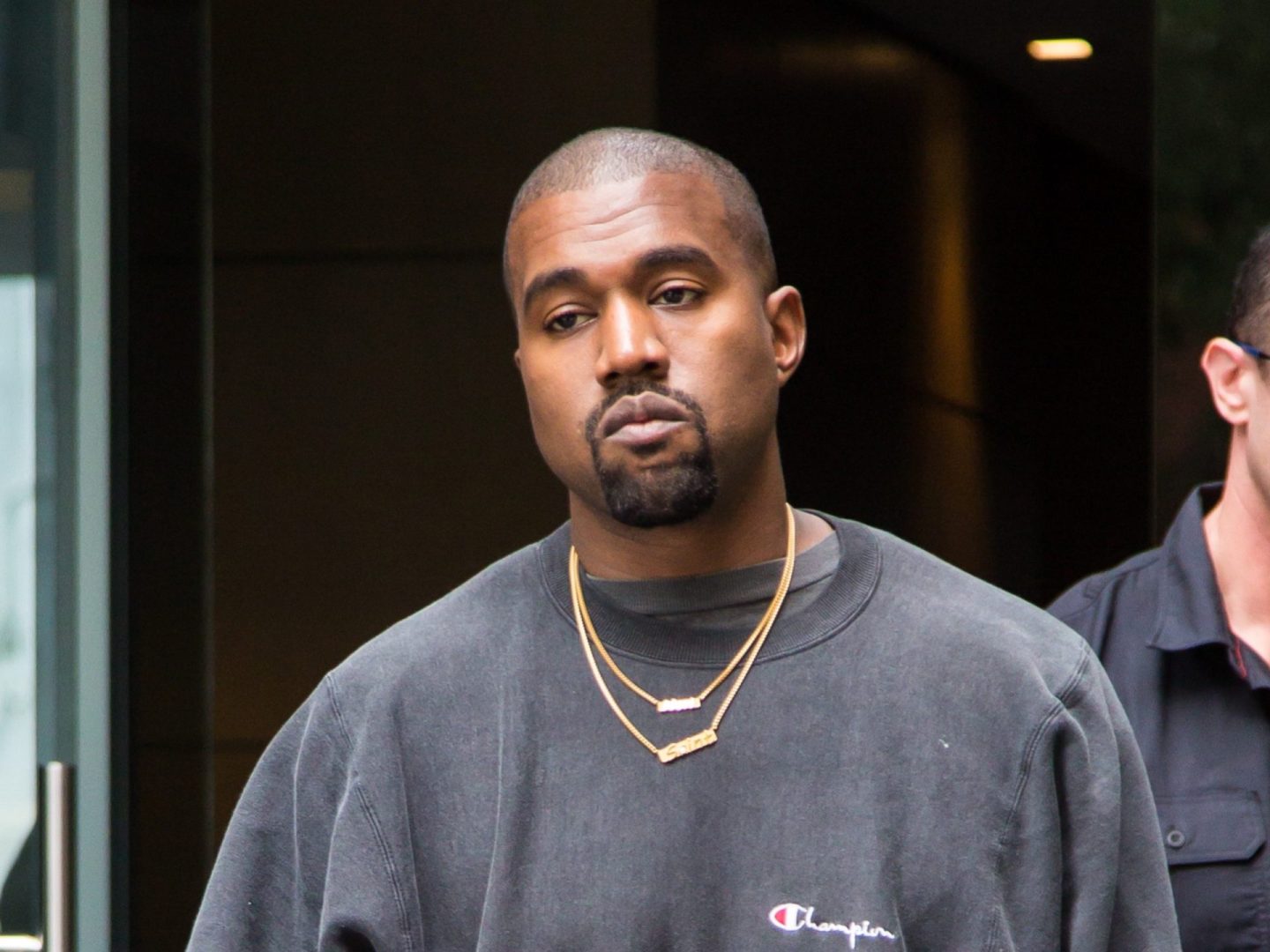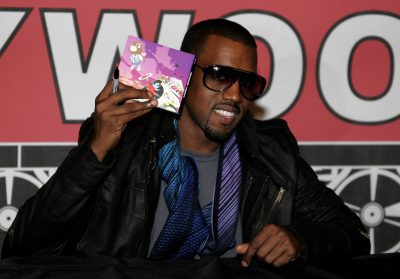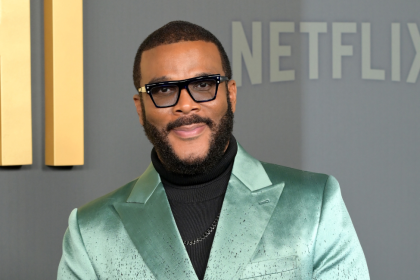The controversial music producer and rapper Kanye West ignited new controversy on May 5 with a series of social media posts containing explicit comments about intimate relationships with employees. The statements, shared on the X platform, have drawn widespread criticism for their timing and content, particularly as West currently faces a lawsuit alleging sexual assault from a former employee.
The posts represent the latest incident in a pattern of provocative public statements from the artist, but the specific focus on workplace relationships has raised particular alarm among critics and advocates. Coming amid serious legal allegations, the comments have prompted renewed examination of power dynamics in entertainment industry workplaces.
Background of the current controversy
The social media posts in question contained crude references to sexual encounters with employees, describing such relationships in explicitly vulgar terms. A follow-up post further compounded the controversy with additional comments suggesting friendship with women was contingated upon sexual access.
These statements emerge against the backdrop of serious allegations made by Lauren Pisciotta, a former employee who has filed a lawsuit against West. The legal action contains claims that the producer drugged and sexually assaulted her during an industry event hosted by another prominent music figure.
According to court documents, Pisciotta alleges she was pressured to consume alcohol at the studio session, subsequently felt disoriented, and ultimately lost consciousness. Her lawsuit states she awoke with no memory of the evening’s events, only to have West later reference an intimate encounter she has no recollection of experiencing.
Potential impact on ongoing legal proceedings
The timing of West’s social media comments creates significant legal complications as they may be interpreted as relevant to the pending lawsuit. Legal experts note that public statements about sexual relationships with employees could potentially be admissible in court proceedings related to workplace conduct.
The posts might influence how jurors or judges view the case, potentially undermining defense arguments about professional boundaries and workplace protocols. Attorneys specializing in employment law suggest such public declarations often complicate defense strategies in cases involving alleged workplace misconduct.
This public commentary about employee relationships arrives at a particularly sensitive moment in the legal process, potentially affecting both the specific lawsuit and broader perceptions of workplace culture within West’s business operations.
Questions about workplace power dynamics
The comments have spurred renewed discussion about power imbalances between high-profile employers and their staff. Employment advocates note that relationships between powerful industry figures and their employees inherently involve complicated power dynamics that can undermine true consent.
When employers openly boast about sexual encounters with employees, it raises concerns about workplace expectations and potential pressure on staff. The casual nature of such comments can normalize behavior that employment experts consider deeply problematic from both ethical and legal perspectives.
The entertainment industry has faced particular scrutiny regarding workplace conduct since the #MeToo movement highlighted systemic issues of power abuse. West’s statements appear to dismiss these concerns rather than acknowledging the responsibility that comes with employer status.
Impact on sexual assault survivors
Advocacy organizations for sexual assault survivors have expressed concern that such dismissive public statements can discourage victims from coming forward. When high-profile figures appear to trivialize matters of consent and workplace boundaries, it can reinforce survivors’ fears about public scrutiny.
Pisciotta herself has publicly addressed the significant online harassment she has faced since filing her lawsuit. She described receiving death threats and extremely hostile messages, highlighting the additional trauma that often accompanies coming forward with allegations against celebrities.
Mental health professionals note that public dismissal of consent concerns by influential figures can trigger distress among assault survivors generally, extending the impact far beyond those directly involved in specific cases.
Shifting public perception of consent and professional boundaries
Cultural critics suggest that such public statements from influential figures can shape societal understandings of appropriate workplace relationships. When celebrities with massive platforms make light of employer-employee sexual encounters, it potentially influences how their millions of followers view professional boundaries.
Media analysis indicates that West’s comments received millions of impressions, demonstrating the scale of potential impact on public discourse about consent and workplace relationships. The casual tone of the statements particularly concerns advocates working to establish clearer understandings of consent culture.
The posts arrive during ongoing national conversations about workplace harassment and appropriate professional relationships, potentially undermining progress toward healthier workplace environments across industries.
Business and brand implications
Beyond legal and ethical considerations, marketing analysts note that such controversial statements create significant complications for business relationships. West maintains numerous brand partnerships and business ventures that may face pressure from stakeholders concerned about association with these views.
Previous controversies have resulted in terminated business relationships for the producer, with several major brands distancing themselves following other inflammatory statements. These new comments about workplace relationships may trigger similar reevaluations from current business partners.
Industry observers note that repeated controversies can create cumulative damage to long-term business prospects, particularly as consumer expectations regarding corporate social responsibility continue to evolve.
Historical context of controversial statements
The recent comments represent part of a documented pattern of provocative public statements throughout West’s career. The producer has previously generated controversy with remarks about various sensitive topics including racial issues, political matters, and mental health.
Media researchers have noted that West’s communication strategy often appears designed to generate maximum attention through controversy. This approach has successfully maintained his cultural relevance but has increasingly complicated his business relationships and public standing.
Public relations professionals suggest the cumulative effect of repeated controversies eventually shifts from temporary attention to lasting reputation damage, particularly when comments touch on serious matters like workplace conduct and consent.
The broader conversation about accountability
The controversy surrounding West’s statements has reignited discussions about accountability for powerful figures in entertainment. Industry observers note that historically, the music industry has lagged behind other sectors in establishing clear standards for workplace conduct.
Recent years have seen increased efforts to create safer entertainment industry workplaces, with major companies implementing more robust harassment policies and reporting mechanisms. Comments that trivialize employer-employee relationships potentially undermine these efforts.
Cultural critics argue that meaningful accountability requires consequences beyond temporary public criticism, suggesting that continued commercial success despite problematic behavior sends concerning messages about priorities within the industry.
Personal relationships draw additional scrutiny
West’s comments have also prompted renewed attention to his personal relationships, including his current marriage. Previous reports have documented unusual demands and expectations within his personal relationships that some observers consider concerning.
Mental health professionals caution against armchair diagnosis but note that patterns of concerning behavior across both personal and professional relationships can indicate underlying issues with boundaries and power dynamics.
These interconnected controversies highlight the often blurred lines between public persona and private conduct, particularly for celebrities whose personal lives remain subject to intense public interest.
The path forward remains uncertain
As this situation continues to develop, several critical questions remain unanswered. The legal process regarding Pisciotta’s allegations will likely continue for months or years, with West’s recent statements potentially influencing how that case proceeds.
Media analysts predict the controversy will eventually fade from headlines but note that the cumulative effect of such incidents creates lasting impact on public perception and industry relationships. The short-term attention generated by provocative statements increasingly carries long-term consequences.
For those concerned about workplace culture and consent, the incident underscores the ongoing need for clearer standards and accountability mechanisms within the entertainment industry. Despite progress in recent years, cases like this demonstrate the significant work that remains to create truly safe and respectful work environments.


















